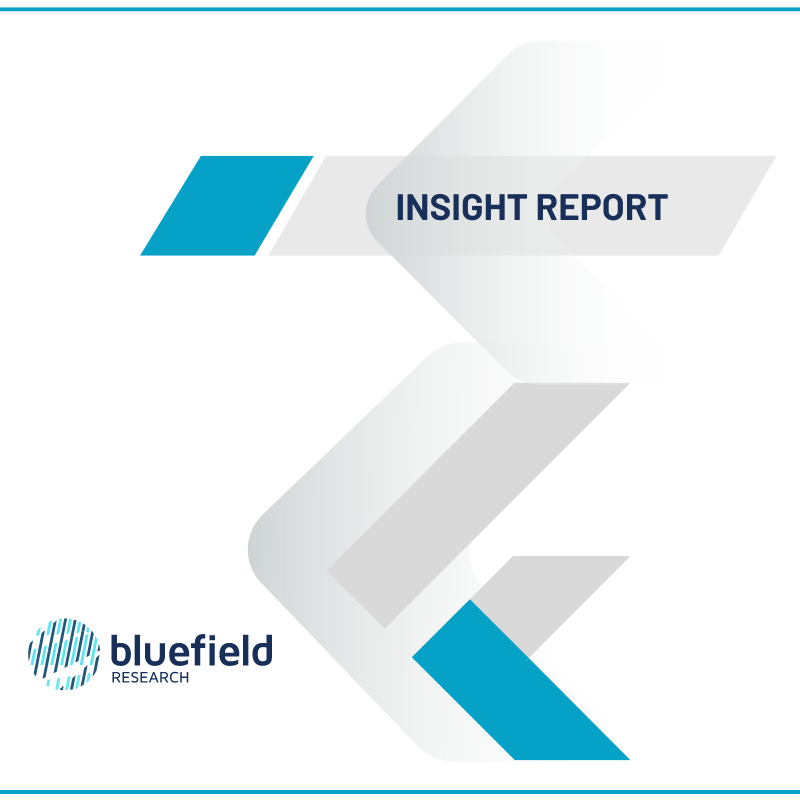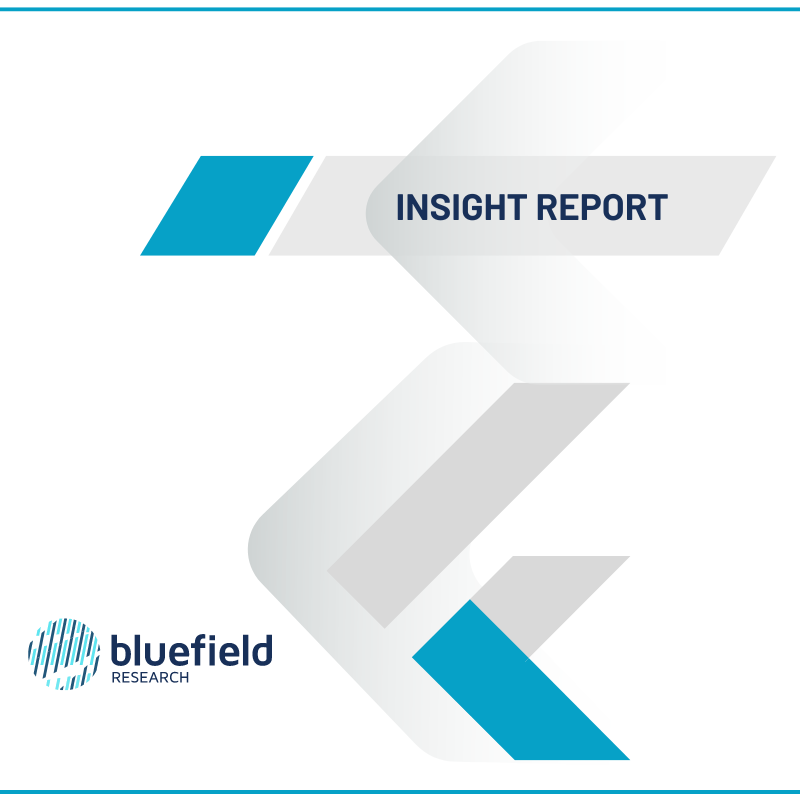Bluefield Research
Brazil’s Private Water Landscape: Key Policies, Competitive Positioning, and Market Trends
Brazil’s Private Water Landscape: Key Policies, Competitive Positioning, and Market Trends
Brazil’s water sector has undergone significant changes in recent years as the country pushes to achieve universal service coverage by 2033. Coverage targets set out in the National Plan for Basic Sanitation (PLANSAB) in 2014 and the new sanitation legal framework introduced in 2020 supported a more coordinated policy environment, facilitated greater transparency for tenders, and increased competition for private participation.
Despite these improvements, service coverage has risen far slower than expected as annual infrastructure investments remain less than half of what is needed to reach universalization targets. As of 2021, approximately 34 million people in Brazil still lacked access to drinking water, while roughly 100 million people lacked access to sanitary sewage service.
As pressure builds for municipalities to demonstrate financial capacity to meet 2033 targets, increased private participation in service provision is expected. Scheduled tenders offer investment opportunities of an estimated US$3.4 billion through 27 different tenders across 16 states.
The enactment of the new sanitation law boosted private participation in the sector, highlighted by the privatization of Companhia Riograndense de Saneamento (CORSAN) and several large concession contracts awarded in major cities in 2021 and 2022. In 2023, the newly-elected Lula administration introduced a series of decrees seeking to scale back private participation, but so far these efforts have only postponed the next wave of private investment in Brazil.
Couldn't load pickup availability

